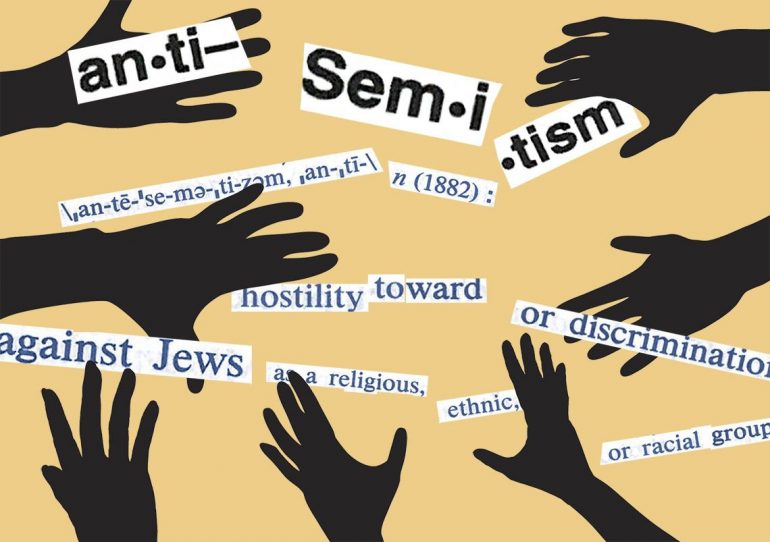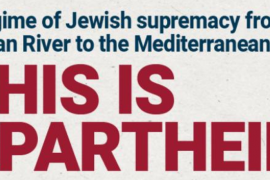A few months ago Louise Mensch was attacked at ‘Comment is Free’ for dismissing the idea of “privilege checking”. Mensch had argued the following:
“Check your privilege”, for example, is a profoundly stupid trope that states that only those with personal experience of something should comment, or that if a person is making an argument, they should immediately give way if their view is contradicted by somebody with a different life story.
…
Laurie Penny is an absolutely prime example; she does it all the time. The other day on Twitter she told people not to rise to what she felt was a race-baiting article by Rod Liddle in the Spectator. She was quite right. Everybody with a blog knows what “don’t feed the trolls” means. However, she was angrily contradicted by the black comedian @AvaVidal who told her that people of colour were striking back and they should rise to it. Instead of defending her position, Penny caved, recanted, and commented mournfully that “having your privilege checked” was painful.
Here are the relevant passages from an essay by Laurie Penny, contributing editor at The New Statesman.
Louise Mensch is confused. The erstwhile MP and professional gadfly has published a blogpost decrying “privilege checking”, and longing to return to a species of “reality-based” feminism where everyone would stop bothering her about class, race and money.
…
Actually, “privilege” isn’t at all hard to understand. It just means any structural social advantage that you have by virtue of birth, or position – such as being white, being wealthy, or being a man. “Check your privilege” means “consider how your privilege affects what you have just said or done.” That’s it.
Privilege is not the same as power. Nor is it a game whereby only the least privileged people will henceforth be allowed an opinion – the last time I checked, the political conversation was still dominated by rich white men and their wives. These are the people who go into spasms of outrage at the very notion that a black person, or a woman, or a working-class person might have as much right to an opinion as they do on matters that affect them.
Whilst the idea of ‘privilege’ is intellectually suspect for a host of reasons (many of which Mensch explored in her blog post), it’s quite interesting that Jews, of all people, are often considered among “the privileged” within this paradigm. Not only has the post-Holocaust taboo against antisemitism been eroded, but Jews, who represent a fraction of 1% of the world’s population, are – in a manner evoking classic tropes about Jewish control – typically portrayed, by virtue of their relative success, as an elite, powerful, and privileged class.
Whilst reasonable people can agree or disagree with attempts to explain disparities in economic, educational and social outcomes in terms of one’s ‘privilege’, it seems difficult to avoid including Jews among those who are “historically disadvantaged” when honestly exploring its political implications.
So, for those who fancy the specious argument that you can quantify privilege in terms of one’s race, ethnicity, gender, etc., here’s some food for thought – a list of the advantages (privileges) of waking up in the morning as a non-Jew – the daily effects of non-Jewish privilege.
1. You likely don’t have your people’s right to national self-determination questioned or characterized as racist.
2. You are not characterized as racist for the alleged sin of caring more about your own people’s safety and welfare than that of other groups.
3. You are not accused as a group – by virtue of by your current alleged “immoral behavior” – of having betrayed the memory of coreligionists who were victims of genocide.
4. You are not accused of being more loyal to a foreign state than to the interests of your own nation.
5. You are likely not held personally responsible for the actions of others who share your religion or ethnicity.
6. You are not likely to be targeted for terrorist attacks by extremists simply because you happen to share the same religion as the majority population in one foreign state.
7. You likely don’t have to avoid expressing your religious identity when visiting Middle Eastern or even European countries for fear of violence.
8. You are likely never accused of being part of an international conspiracy to control the world.
9. You are not accused of exercising disproportionate control over the media, economy, government or other societal institutions.
10. Your success and personal achievements – and other fruits of your hard work – aren’t turned upside down and characterized as evidence of your ‘privilege‘.
To be clear, none of this is meant to suggest that we subscribe to the facile theory that groups should be divided between the ‘privileged’ and the non-privileged. However, for those who do give this paradigm credence, it does seem to represent an egregious moral double standard to impute ‘privilege’ to such a historically persecuted, disenfranchised and marginalized minority as Jews.
Related articles
- Check Your Privilege Top Trumps: actually, Laurie Penny, it is all about me (blogs.telegraph.co.uk)
- From the people who brought you cultural relativism… (thecommentator.com)
- In praise of the EUMC working definition of antisemitism (cifwatch.com)





